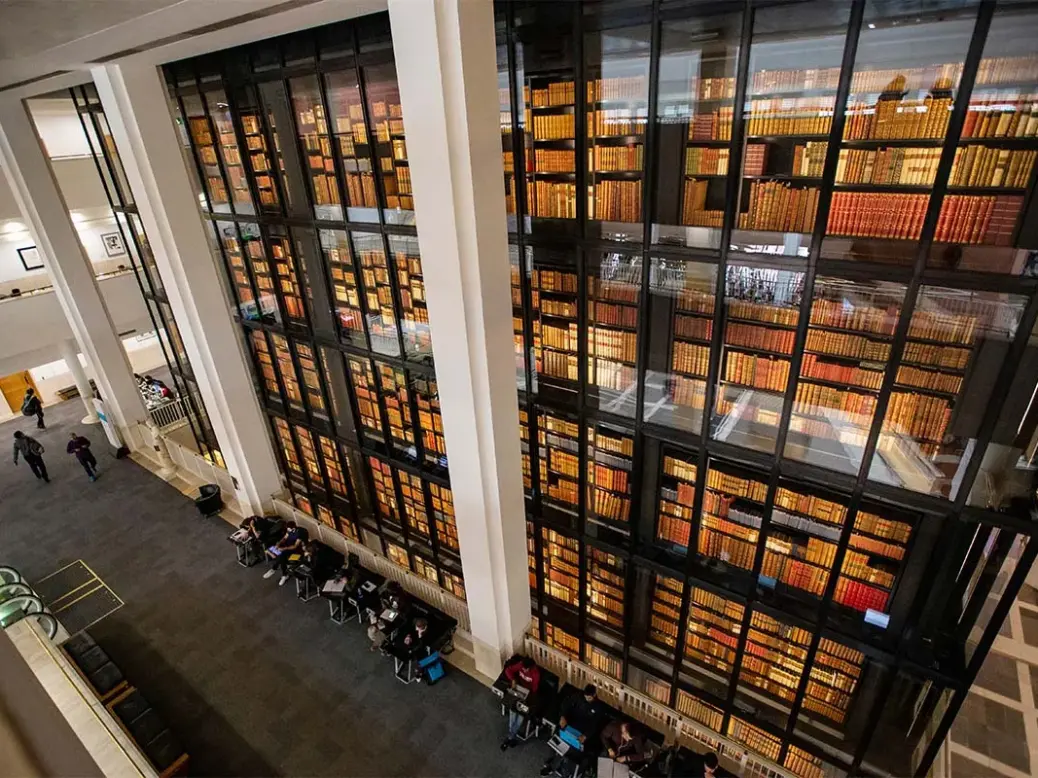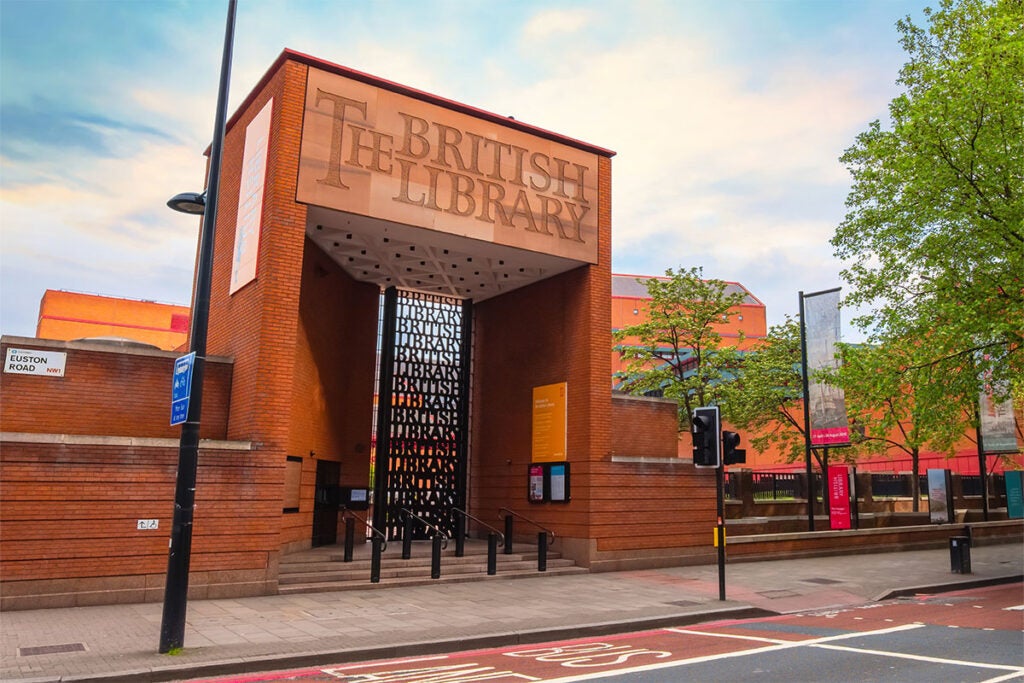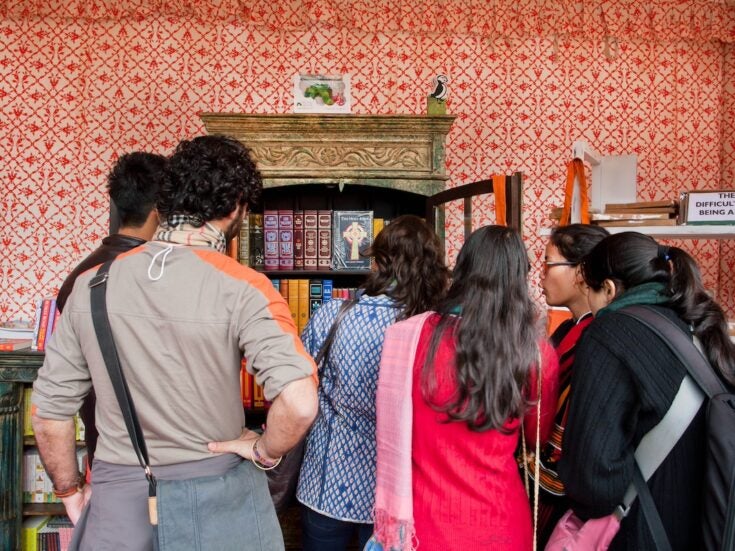
There has been relatively little attention paid in the mainstream media to what seems to me one of the great disasters of our age. The British Library – in whose reading rooms I have spent many hours researching books – has been absolutely mullered by a cyber-attack: confidential data stolen, online presence decimated: the lot.
[See also: Aman brings stealth wealth home with launch of Aman Interiors]
It’s hard to overstate what a catastrophe this is for the many, many people who rely on the British Library’s collections for their work. There’s no end in sight, either. The attack happened at the end of October but the website is still down and the catalogue – which is what readers use to find and order the books they need from the library’s vast collection – is still out of action. The library says it could be ‘months’ before everything’s back to normal, and they don’t say that in a way that gives all that much confidence.
The building in London’s St Pancras is still open: but for most of the library’s users that means it’s not much more than a warm place to sit and get a cup of coffee. The greatest library our nation possesses, in other words, the greatest accumulated resource of knowledge we have, is basically now an overpriced Caffè Nero.
Blackmailing the British Library

Does it make you shudder? It makes me shudder, I can tell you. And what’s happened, on the face of it, is not just an act of vandalism but of blackmail: this is a ransomware attack. The Rhysida ransomware gang, whoever they are, are reported to have claimed responsibility. Hacked data from library users is already, apparently, being offered for sale on the Dark Web.
The readers of Spear’s will be all too familiar, I dare say, with the threat of ransomware attacks. Most of you, at least the sensible ones, will have all sorts of precautions in place. After all, if you’re a malevolent nerd the person you’re most likely to want to hack is somebody with lots of dosh. Lock Elon or Jeff or Bill out of their computer, or steal their passwords, and you’re away to the races.
That’s the weird thing about the British Library attack, then. The people who this really messes up are academics – and academics are, almost without exception, stoney broke. All they want is to be left in peace to investigate, I don’t know, 16th-century printmaking or liminal strategies in the uncollected poems of Basil Bunting. For this wish, they forswear any hope of earning a seven or even six-figure salary. Most barely make it into five figures. The only rich people associated with universities are Vice Chancellors, most of whom won’t visit a research library from one year to the next unless it’s to cut a ribbon when one opens before retiring for an agreeable lunch.
Who’s paying the ransom?
That means that their data is hardly likely to fetch all that much on the open market; and even if they clubbed together, there’s no chance they will be able to afford the sort of ransom that a self-respecting hacking conglomerate would get out of bed for. And good luck, come to that, trying to get the government to find the ransom: they hate academics like sin. My very faint hunch, then, is that these Rhysida people don’t know all that much about the users of libraries. They will have thought: aha, large quasi-statal institution, lots of users, lots of moolah, and been dismayed to discover what they had on their hands once they’d done the hack. I picture a heist movie in which the villains break into an empty vault and the comical recriminations start.
Probably the only real bauble will be that the British Library also administers PLR, or Public Lending Right: the money that authors get each year from their books being borrowed from libraries. Some of those authors are bestsellers, and their bank details may be in the data haul: Jacqueline Wilson or J K Rowling’s sort code and account number, regrettably, might well be of interest to bad actors. But given their obvious cluelessness I don’t entirely trust Rhysida to have figured even that out.
If something good comes out of this, though, even if accidentally, it will be to bring understanding and empathy between disparate communities in adversity. Ordinarily, academics and very wealthy people don’t exactly see eye to eye. Academics who don’t claim to be anticapitalist, in a leather-jacket-and-battered-copy-of-Foucault way, are rarer than hen’s teeth: they just seethe with envy and resentment or, as they’d prefer, principled Marxist theory. But now they have had a taste of the sort of thing that the readers of Spear’s have learned to fear.
The late Queen Mother, after Buckingham Palace was bombed, famously said that now at last the Royal Family could look the East End in the eye. So it is here: the PhD and the HNW can at last look each other in the eye.







